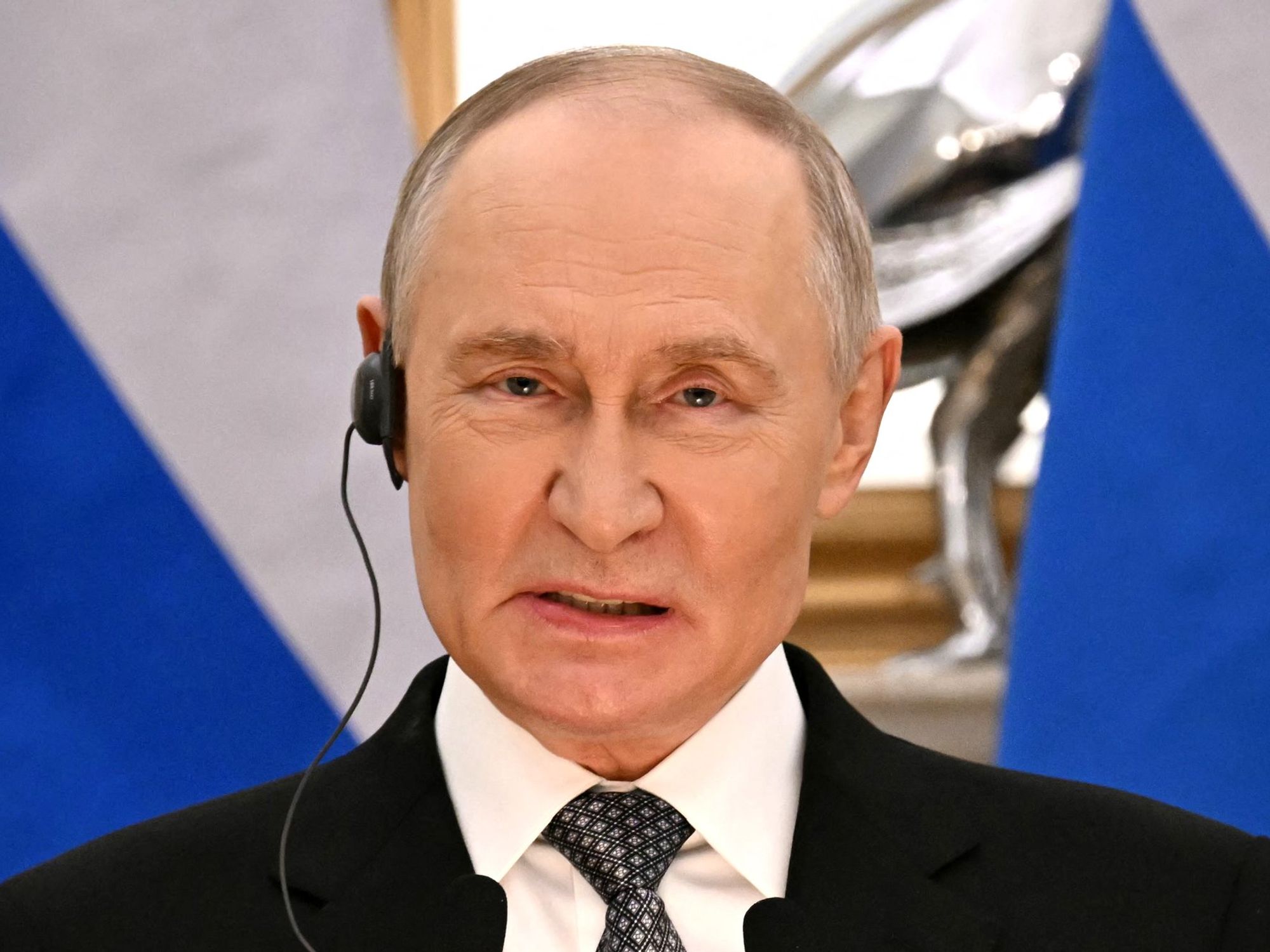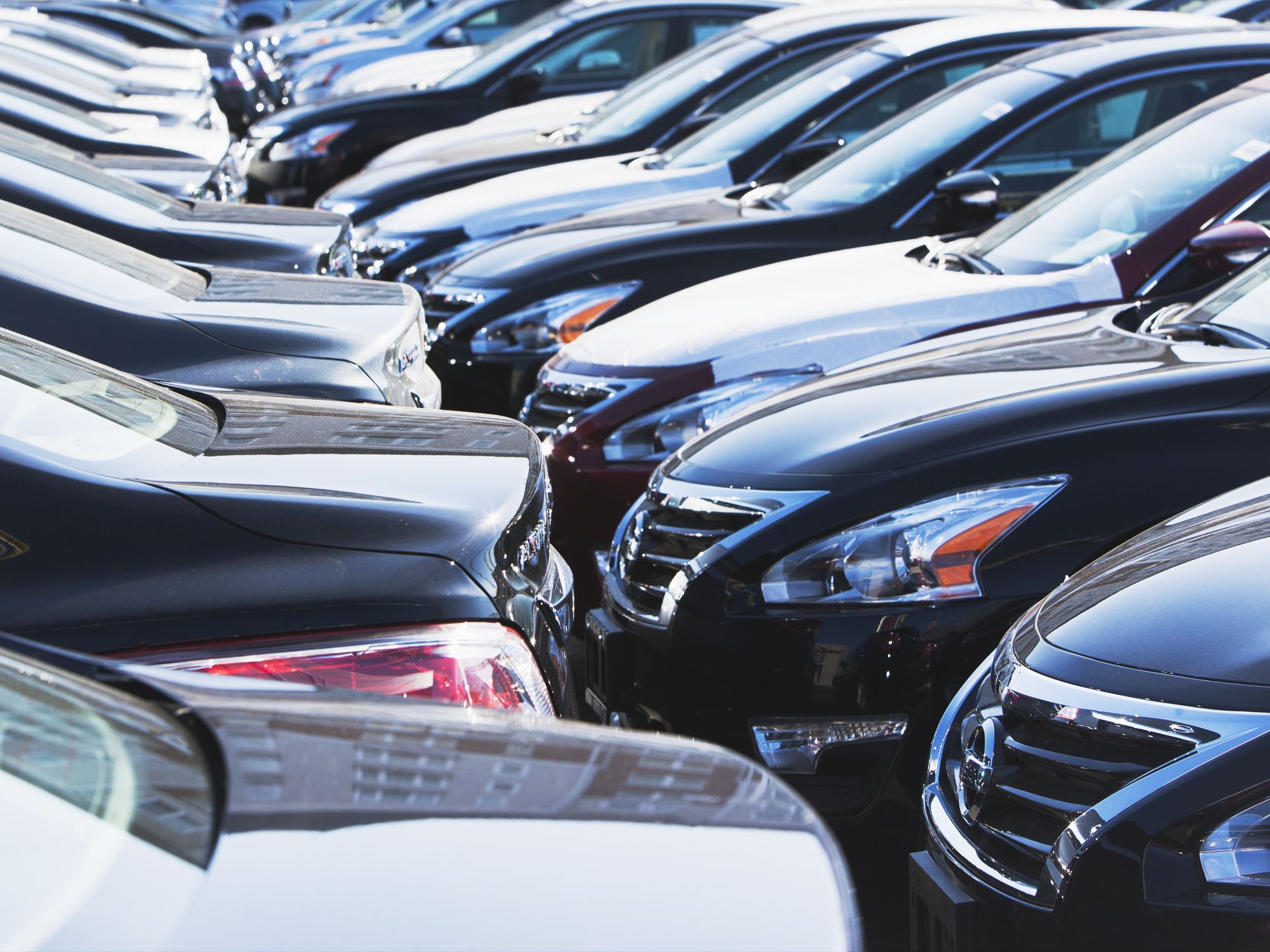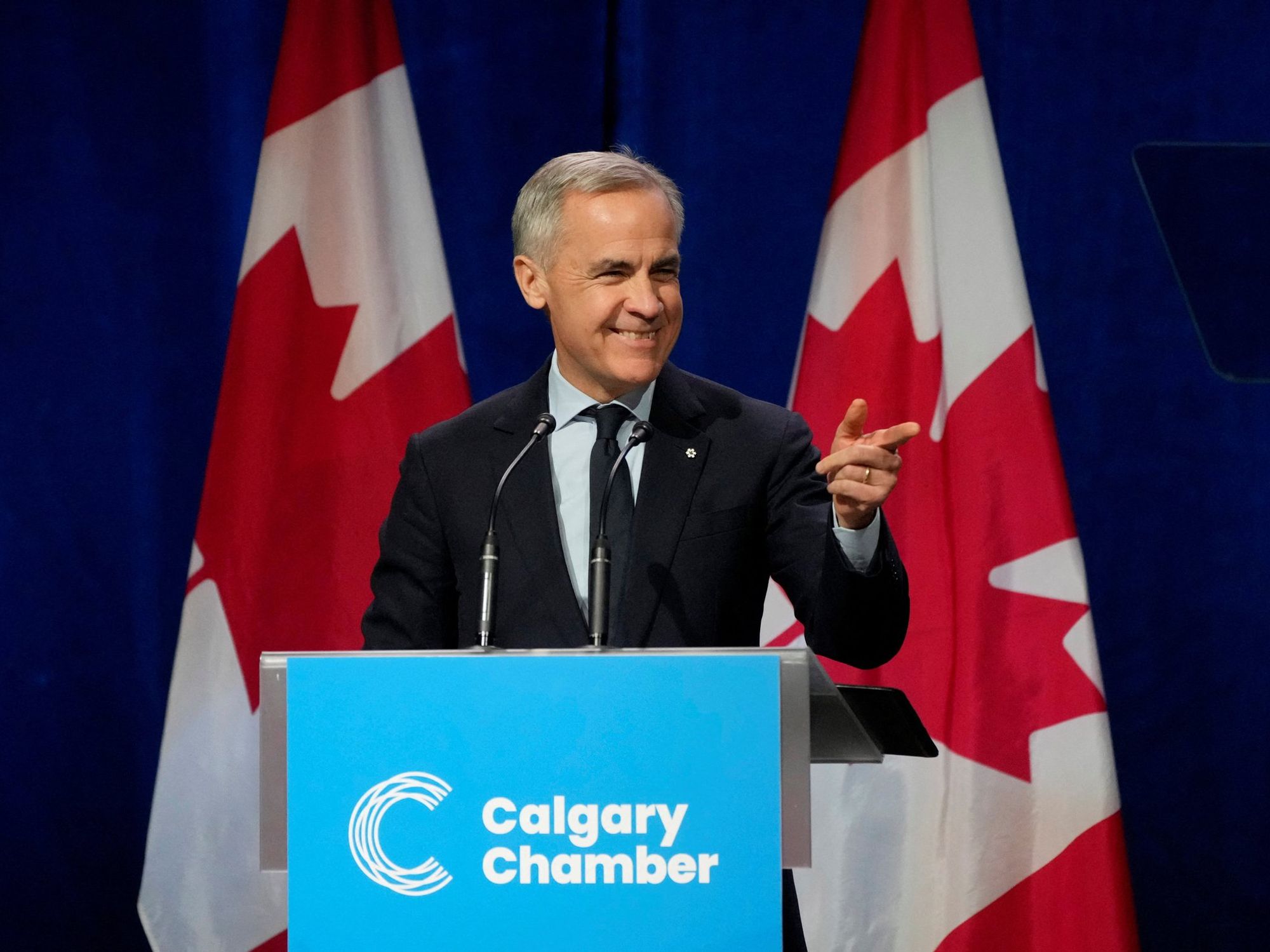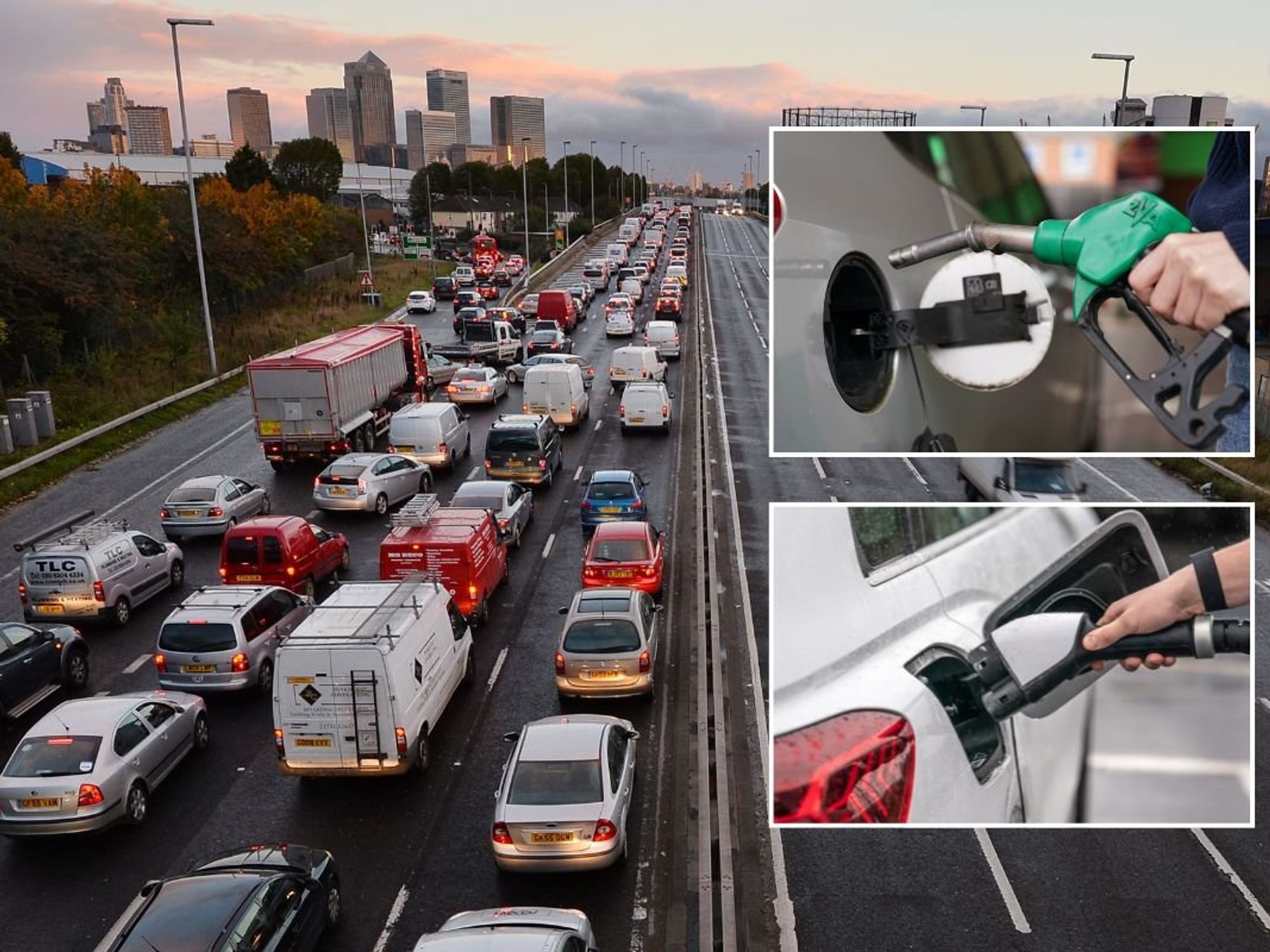'I'm a counsellor and more and more young people I see are saying the same alarming thing about social media'
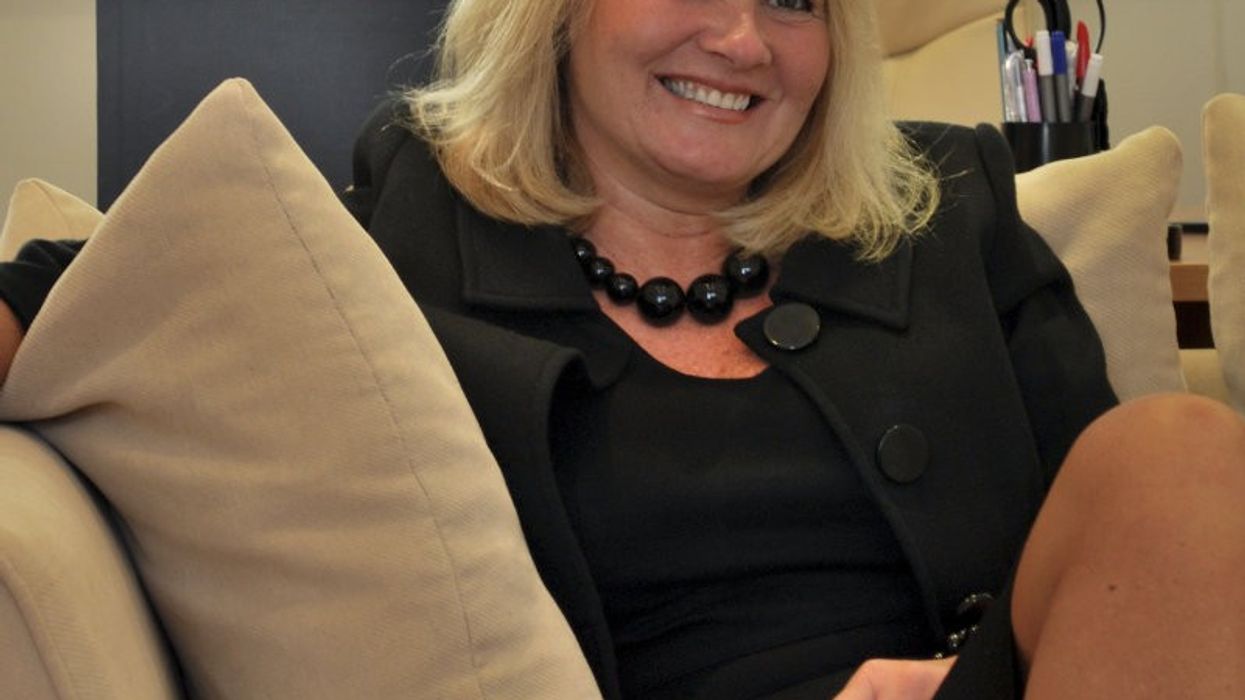
Lynn Crilly is seeing more and more young people about their addiction to social media
| Lynn Crilly
The impact of social media on young people is one of the starkest and most alarming things I now come across in my work, writes Lynn Crilly
Don't Miss
Most Read
Twenty years ago when my daughter Samantha was first diagnosed with the early stages of anorexia nervosa and OCD, the internet and social media were a new phenomenon.
Back then sites like Friends Reunited, Bebo and Facebook were still relatively new but they were fast becoming the online place to be.
Little did we know then that 20 years later technology, the internet, mobile phones, and social media would be a normal part of everyday life.
For many it’s a necessity - but the reality is it is now having a massive impact on the mental health and wellbeing of more and more young people.
The impact of social media on young people is one of the starkest and most alarming things I now come across in my work.
More and more people I am helping are suffering from issues that can be traced back to social media use. In many cases, they are having a terrible impact on sleep, with many young people hooked on devices into the early hours.
In some cases the level of time spent on specific social media sites borders on addiction.
Although social media is not the sole cause, it can make people feel inadequate and worthless and feeds into an already low self-esteem.
I recently asked my followers on Instagram if they felt social media had a negative impact on their mental health.
A massive 702 of them said yes while only 20 of them said no.
I now support people of all ages, particularly the younger generation, who all say that social media has been detrimental and fuels their anxiety.
Many are unable to distance themselves from it for fear of missing out (FOMO) or not fitting into the social norm of today’s expectations and society.
One young person recently told me that they did not follow the accounts she would like to for fear of being judged as they were not seen to be the ‘cool’ ones.
Another said they never posted any photos as the group they were in measured their popularity by how many ‘likes’ their posts received.
I have worked with several young people whose mental health issues have been exacerbated by bullies and trolls on social media.
Without wishing to minimise the pain of bullying in real life, at least in the days before social media people could go home from school or work and have a break from their tormentors.
With social media, bullies now victimise the vulnerable 24/7.
Cyberbullying can leave people feeling like there is nowhere to hide as every time they access social media, they have to face unkind comments, criticism, and threatening messages.
Cyberbullies often aim to sabotage friendships and encourage groups of people to exclude or abuse someone for trivial reasons.
At their worst, cyberbullies actively encourage people to hurt themselves or even take their lives, and sadly, tragedies have occurred. It's important to remember the impact of these actions on people's mental health and well-being.
Many people, irrespective of age, are affected by the effect of social comparison. Social media is accessible to such a huge audience, and for those who struggle with low self-esteem and anxiety, constantly scrolling through ‘perfect’ photos from friends, celebrities and models can exacerbate that negative cycle they find themselves in.
Why is addressing this issue so important?
Well, an unhealthy relationship with social media can lead to higher levels of anxiety, and even depression.
Social media has been linked to a higher risk of eating disorders, particularly in young people.
And research has shown that excessive use of social media can lead to a reduction in grey matter in the brain.
Social media addiction has also been linked to a number of cognitive effects, including a reduction in memory retention and the ability to concentrate.
It can be a breeding ground for anger and hostility, particularly in the form of cyberbullying.
This can have a negative impact on mental health and overall well-being.
One of the most obvious downsides of social media addiction is the way that it can distract us from connecting with real people around us.
Lynn Crilly is an author, counsellor and expert on mental health






